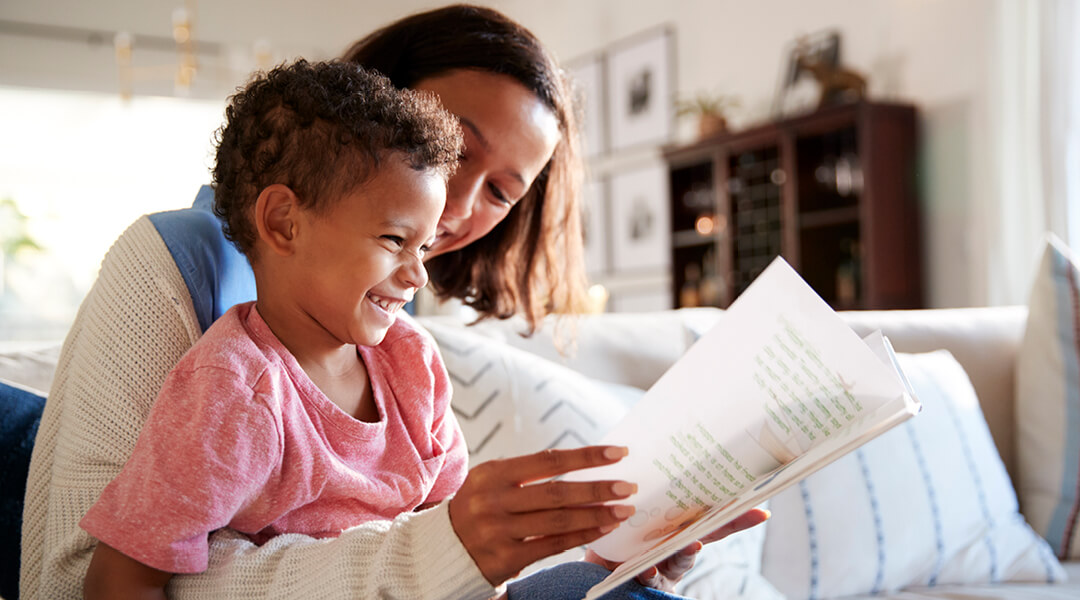Big Feelings
What should we do when things don’t go to plan? We may feel mad, frustrated, or overwhelmed, but by talking it through, compromising, and seeing another point of view, we can start fresh, begin anew.

How do you feel? Learning to identify emotions is an essential skill for young children. When children can understand their own feelings, as well as the feelings of the people around them, they are able to thrive socially. Having well developed emotional awareness will eventually prepare children for success in a classroom setting, so here are some CLP “feelings favorites” to help support this important learning.
You can sign up for a free library card here. If you are new to our eResources, check out these tutorial videos on how to get started.
Looking for a good book, album, movie or TV show? We’re happy to recommend them to you! Use this Personalized Recommendations form to send us some information about what you like and we’ll curate a list just for you.
If you have any additional questions, you can contact a librarian through Facebook, Instagram or Twitter. You can also call us at 412.622.3114 or email us at info@carnegielibrary.org.
What should we do when things don’t go to plan? We may feel mad, frustrated, or overwhelmed, but by talking it through, compromising, and seeing another point of view, we can start fresh, begin anew.
Do you feel happy? Sad? Silly? Angry? This book helps children and parents talk about feelings!
Ten relatable emotions are each followed by a centering exercise and a positive affirmation to be recited, as a practice in mindfulness. Young readers are encouraged to find their inner strength by recognizing and addressing their emotions, instilling a sense of power and self-confidence. You can also check out this title as eBook on OverDrive/Libby.
Celebrates kindness as it displays various children extending kindness in all kinds of situations, including on the playground, at lunchtime, and on a neighborhood street.You can also check out this title as eBook on OverDrive/Libby.
Clear, engaging photographs of a group of expressive babies are paired with text that encourages listeners to identify individuals and mimic the emotions displayed; a mirror on the last page allows babies to see themselves.
Harpreet Singh has a different color for every mood and occasion, from pink for dancing to bhangra beats to red for courage.